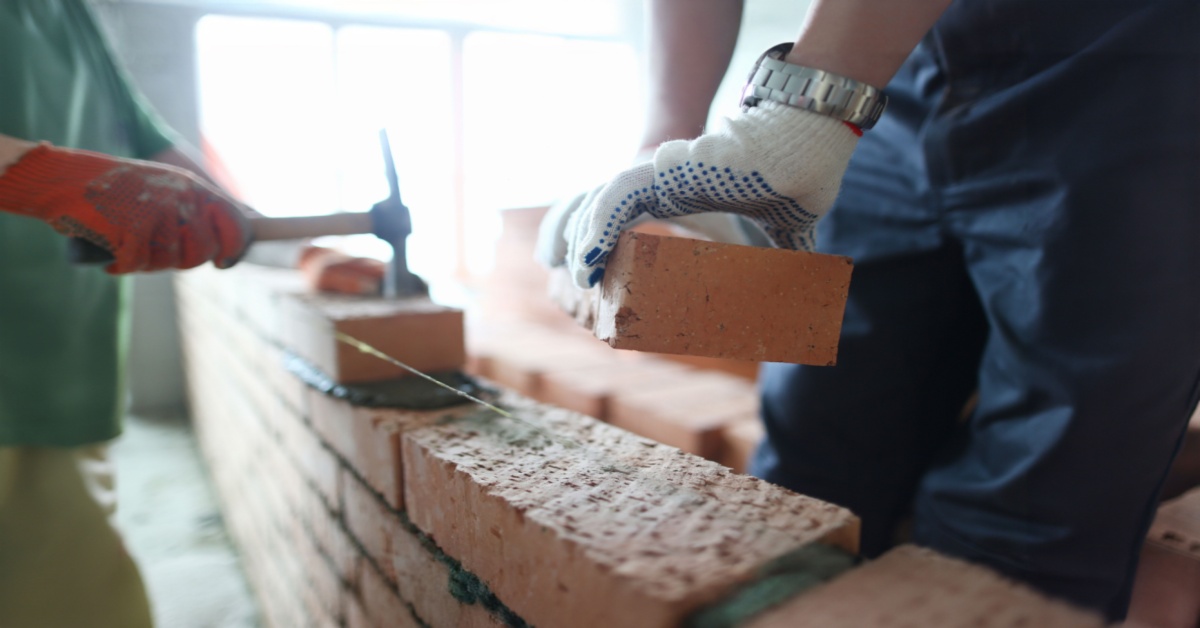Redevelopment of Housing Society

Have you ever wondered how old housing societies transform into modern and useful living areas? Redevelopment of a housing society gives new life to old buildings and makes them safer while providing residents with better services. Let’s have a look at the basics of redevelopment, which include redevelopment of housing society process, its rules, and the importance of terms like what is corpus fund in redevelopment.
What is redevelopment of housing society?
Redevelopment of housing society refers to rebuilding or repairing old and damaged residential buildings. This process is mostly applied to buildings that have aged significantly or do not meet safety standards. Redevelopment provides better, safer locations to reside in, presents new features, and improves the property’s value.
Redevelopment Process: A step-by-step overview
The redevelopment process is structured and has several steps to ensure everything goes through:
1. Assessments and Feasibility
Members of society inspect the building. A professional review then determines whether it can be rebuilt.
2. Agreement from Members
In a general body meeting, at least 75% of the members must agree to that redevelopment of housing society plan. Clear communication is very important during this time.
3. Selection of a Developer
The society asks developers to submit bids. After looking at their money situation, experience, and plans, the members choose the best developer.
4. Signing Agreement
The society and the developer make a legal agreement that includes deadlines, money details, and project requirements.
5. Leaving the Property
Residents temporarily moved out to accommodate the construction. The developers usually provided alternative housing or rental for the meantime.
6. Re-construction and Transfer
The developer rebuilds the property according to the agreement, ensuring that it has every safety and quality rule. After finishing, the members enter new, better homes.
Important Rules for Redevelopment of housing society to Follow
The success of redevelopment mostly depends on following the latest redevelopment rules. These rules vary in each state and are revised from time to time to match the changing needs of urban planning.
1. Approval from Right Authorities
To proceed with the redevelopment work, the project must receive approval from city officials and other important authorities.
Good documentation should always be in place, as well as open communication between the developers and community members.
2. RERA Rules for Redevelopment
The redevelopment projects should adhere to the Real Estate Regulatory Authority (RERA) rules. This would ensure responsibility, timely delivery, and protection of buyers’ interests.
3. Minimum Consent Requirement
This law requires at least 75 percent of members in society to agree to redevelopment.
It is important to know and follow these rules for a smooth redevelopment process.
What is Corpus Fund in Redevelopment of housing society?
The corpus fund in redevelopment is a certain amount given by developers as payment to community members. This fund forms financial assistance for those people during the time the redevelopment is taking place.
This corpus fund is usually used for paying rent, moving cost, or any unexpected expense during the transition period. However, the amount depends on what deal has been struck between the society and the developer. For residents, this fund becomes an important part while talking of redevelopment.
New Building Rules Coming to the Community
Recent years have seen major updates on the new rules for redevelopment of society with a motive to make things more transparent and efficient.
1. More Oversight
Local authorities now watch redevelopment projects closely to stop fraud and delays.
2. Mandatory RERA Registration
Projects above certain sizes must be registered under RERA to ensure compliance and accountability.
3. Clear Timelines
The developers are given timelines to complete the project. Penalties are issued for any lateness.
Advantages of Redevelopment of housing society
Redevelopment offers many benefits for housing societies:
- Modern buildings are designed with safety provisions to adhere to current standards as well as luxury amenities such as elevator use, car parks, and power-saving mechanisms.
- Redeveloped property is able to command premium prices for all residents.
- Redevelopment optimises land use and promotes eco-friendly construction practices.
- As a corpus fund is under redevelopment, financial assistance is provided to residents during the transition period.
All this advantage makes redevelopment a good option for communities with outdated infrastructure.
Final Words
A redevelopment of the housing society is a significant change that makes life better for residents and deals with problems related to safety and infrastructure. If your housing society is considering redevelopment, it is necessary to follow up with new rules for society redevelopment and negotiate things like corpus funds well. A good plan and clear process can make your dream of a modern home come true.
Frequently Asked Questions
The developer typically bears the cost of redevelopment. In return, they get rights to construct additional flats or commercial spaces, which they sell to recover their investment.
The Real Estate Regulatory Authority (RERA) ensures that redevelopment projects are executed transparently and on time. RERA protects the interests of society members by holding developers accountable.
During redevelopment, residents usually relocate temporarily. Developers often provide alternative accommodation or rental compensation until the new building is ready.
The timeline for redevelopment depends on the project’s complexity and size. On average, it can take 2-3 years, including the time for approvals, construction, and handover.